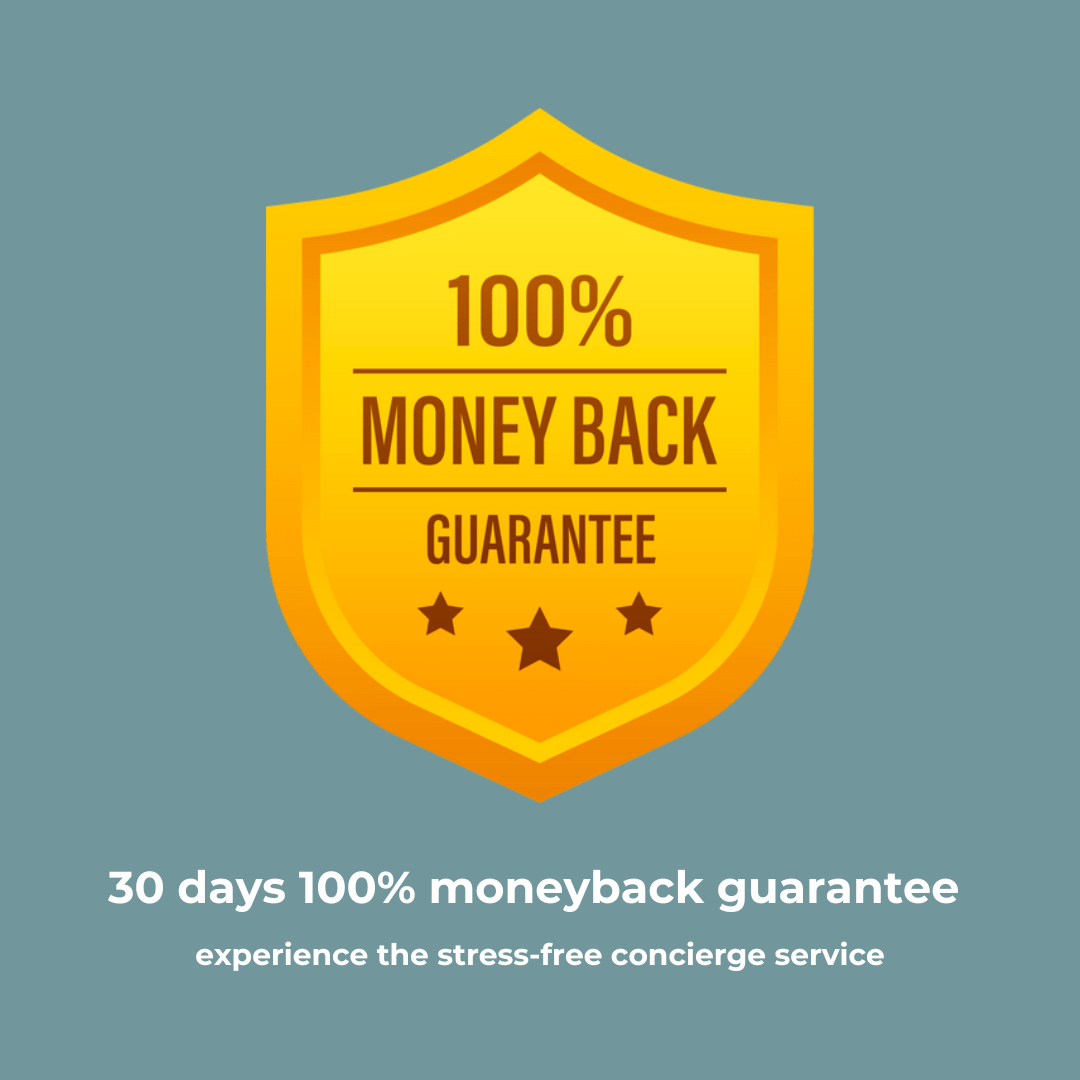When you ask yourself, “How do I accurately value my car?”, you’re not alone. Whether you’re upgrading, downsizing, or simply cashing out, knowing the true worth of your vehicle is essential. But understanding the value of your car is just the beginning. The real question is: how can you secure the best possible price for it?
Enter negotiation experts—professionals who specialize in understanding market trends, buyer psychology, and valuation tactics to help you walk away with the best deal possible. This guide will show you why your car’s value isn’t fixed, how experts leverage insights to boost your sale price, and what steps you can take to avoid leaving money on the table.
Let’s dig into what your car is really worth, and how to unlock its maximum resale potential with expert help.
Table of Contents
ToggleWhy Understanding the Value of My Car Matters
Emotional vs Market Value
You may think your car is worth more because you took good care of it, added a custom spoiler, or kept every oil change receipt. While those factors may contribute to condition, they don’t always translate into higher resale value.
Emotional value is what the car means to you. Market value is what a buyer is willing to pay today based on current demand and comparable sales.
Understanding this difference can keep you from pricing your car out of the market—or worse, underselling it.
Key Factors That Determine Car Value
Several variables impact your car’s value:
- Make, model, and year
- Mileage
- Condition (interior/exterior/mechanical)
- Service history
- Number of previous owners
- Accident and title history
- Market demand and seasonality
For example, a 5-year-old Toyota Corolla with 50,000 miles and a clean history might fetch $12,000 in some regions—but drop by $2,000 in others depending on local supply and gas prices.
How Negotiation Experts Help Maximize My Car Value
What Car Valuation Experts Really Do
A car valuation expert isn’t just a calculator with a clipboard. These professionals:
- Analyze real-time market data for your vehicle type
- Review your specific car’s condition and history
- Compare offers across platforms (dealers, private buyers, trade-in)
- Provide guidance on timing your sale
- Negotiate directly with buyers (if contracted)
They act as both consultant and deal-closer, taking the emotion out of the process and adding hard data and strategy.
Strategies Experts Use to Boost Sale Price
Here’s how experts squeeze more value out of your car:
- Highlight undervalued features (e.g., advanced safety tech, low mileage)
- Stage the vehicle for photos and test drives (cleaning, detailing)
- Craft a compelling listing with buyer-focused language
- Leverage scarcity if your model is in demand
- Set pricing tiers to start higher but leave room to negotiate
- Create urgency by limiting availability or showcasing interest
Case in point: One negotiation expert helped a seller increase their car’s final price by $2,100 simply by timing the sale right after a new model announcement that reduced older inventory.
Common Mistakes Sellers Make (And Experts Avoid)
- Accepting the first offer too quickly
- Listing without research
- Overpricing due to sentiment
- Using poor-quality photos
- Not disclosing minor issues upfront (which erodes trust)
Experts sidestep these errors with methodical preparation and transparent communication.
DIY vs Professional: Should You Hire a Car Negotiation Expert?
Pros and Cons of Going Solo
DIY Selling Pros:
- No commission or consultant fees
- Full control of the process
- Possibly faster sale (if priced competitively)
DIY Selling Cons:
- Risk of underpricing or overpricing
- Stress of handling inquiries and test drives
Weaker negotiation stance without market expertise
When Hiring an Expert Makes Sense
Hiring an expert is a smart move if:
- You’re selling a high-value vehicle ($20k+)
- You lack time or confidence in negotiation
- You’ve received inconsistent or confusing offers
- You’re unfamiliar with car resale platforms
The average car seller without help might leave 5%–15% of the vehicle’s value on the table—sometimes thousands of dollars lost due to a lack of data or strategy.
Preparing Your Car for Sale: What Experts Recommend
Quick Fixes That Improve Value Instantly
These are fast and budget-friendly improvements:
- Full detail and interior shampoo ($100–$200 return: ~$500–$800 value bump)
- Replace worn tires or brakes if cost-effective
- Touch-up paint and fix minor dents
- Update vehicle inspection/certification
- Remove personal items and add neutral scent
Photos make the first impression. Experts recommend photographing your car in daylight from multiple angles after cleaning and staging.
What to Avoid When Trying to Increase My Car Value
Not all investments pay off. Avoid:
- Major mechanical work (unless essential; ROI often low)
- Custom mods or decals (can reduce appeal)
Inaccurate mileage rollback attempts (illegal and traceable)
How to Evaluate a Fair Offer on Your Car
Using Online Tools vs Professional Appraisals
Popular tools like Kelley Blue Book, Edmunds, or AutoTrader provide a ballpark estimate, but lack real-time local demand data. Professional appraisers combine that with:
- Private vs dealer sale comparisons
- Seasonality (e.g., SUVs sell higher in winter)
- Upcoming model releases that may affect value
Example: A seller in Austin was quoted $10,500 by online tools, but a local expert negotiated $12,800 from a private buyer after showing recent comparable sales and highlighting custom warranty coverage.
Signs You’re Getting a Lowball Offer
- Offer is thousands below average for your make/model
- Buyer pushes urgency (“cash today” tactics)
- Vague reasoning like “just not worth that much”
- Ignoring added value features (new tires, tech upgrades)
- No clear comparison to similar vehicles
Experts can counter these offers with hard data, credible sources, and sometimes walk away strategies that push the buyer to increase the offer.
Case Studies: Real Examples of Value Boost Through Expert Help
Case 1: 2018 BMW X3
- Initial Offers: $19,000 (trade-in), $20,500 (private buyer)
- With Expert: Listed at $22,500, sold for $21,900 within 3 days.
- Value Boost: +$2,900
Case 2: 2020 Toyota Prius
- Initial Offer: $15,000
- Expert Adjustments: New photos, cleaned hybrid battery, relisted on niche platforms.
- Final Sale: $17,300
Case 3: 2016 Ford F-150 (high mileage)
- Concern: Over 120,000 miles
- Expert Strategy: Emphasized new tires, towing package, and service history. Sold to an off-road vehicle enthusiast.
- Offer Before Expert: $10,800
Final Sale: $13,000
Final Thoughts: Is It Worth Using an Expert to Value My Car?
If your goal is to squeeze every dollar out of your vehicle sale while minimizing stress, the answer is likely yes. Valuing your car correctly is only half the battle—negotiating the best deal is where the profit lies.
Whether you’re selling a basic commuter or a luxury ride, negotiation experts combine data, psychology, and market trends to ensure you don’t settle for less than your car is worth.
For some, DIY works just fine. But for others, especially those with higher-value cars or little time, the ROI from using a car value expert can be substantial.
FAQs
- How do I accurately value my car before selling it?
Use trusted valuation tools like Kelley Blue Book, then compare with local listings and, ideally, consult with a car valuation expert for a data-backed estimate. - Is hiring a car negotiation expert really worth it?
Yes—especially for high-value cars. Experts can often secure 10–20% more than DIY sellers by optimizing pricing, staging, and negotiation tactics. - What’s the best way to increase the value of my car quickly?
Start with a full cleaning/detail, fix minor cosmetic issues, and present solid service records. These affordable steps can increase perceived value significantly. - How can I avoid lowball offers on my car?
Get a professional appraisal, compare multiple offers, and learn to recognize red flags like urgency pressure or vague critiques from buyers. - What are common mistakes people make when trying to value their own car?
Overvaluing due to emotion, under-researching comparable listings, poor-quality listings, and accepting the first offer without negotiation are frequent pitfalls. - Can negotiation experts help with trade-ins too?
Absolutely. They can assess if the trade-in value is fair and may negotiate with the dealer or suggest alternatives that yield better financial outcomes. - Will fixing mechanical issues before selling raise my car value?
It depends. Fixing essential safety or drivability issues helps, but costly repairs may not offer a good return. Consult a professional for case-specific advice.




 and Canada
and Canada 





